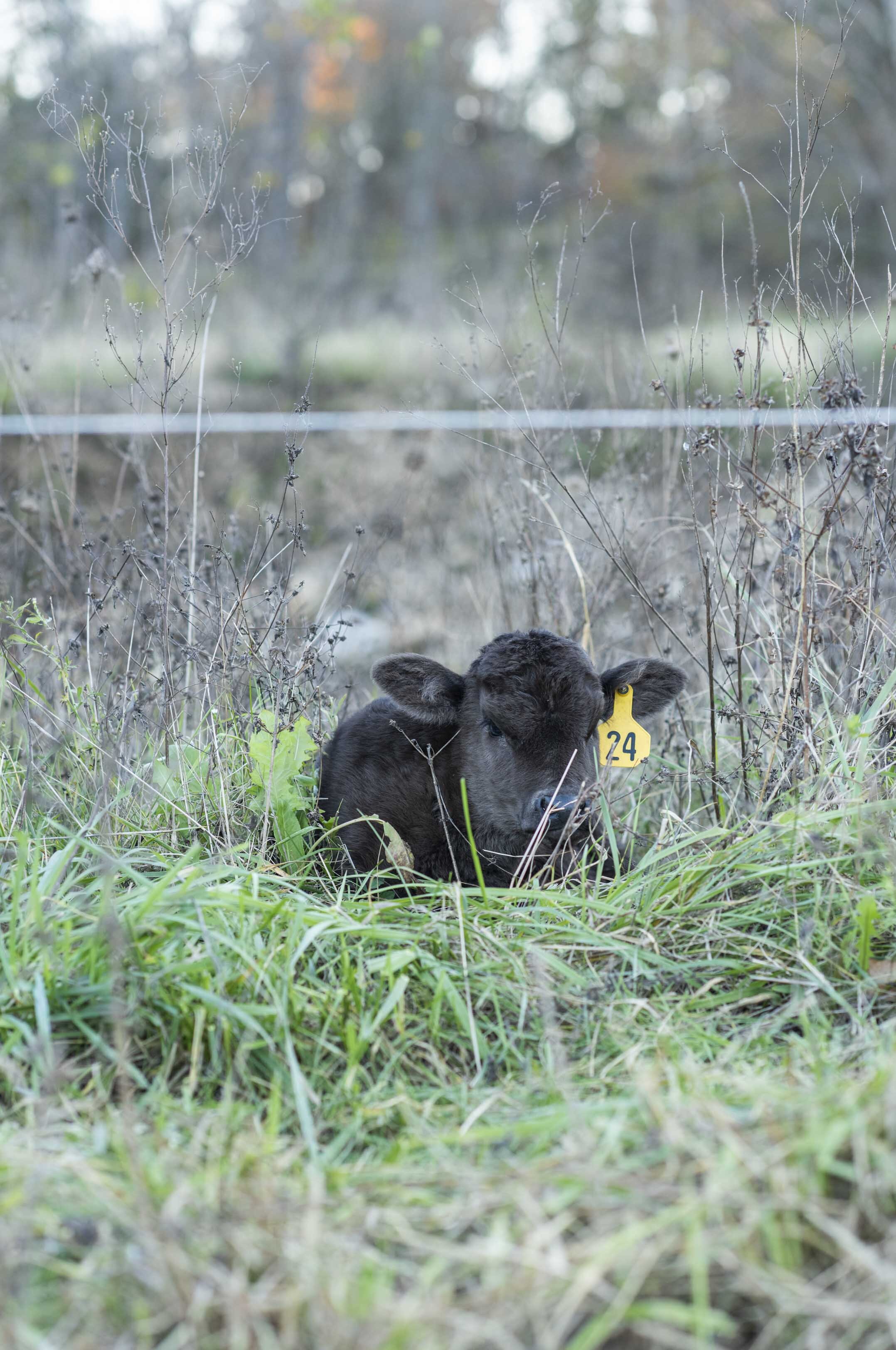Missouri grown. World renowned.
Our desire to provide you with the ultimate taste excellence led us to the ultimate solution: beef from Wagyu cattle. Kobe beef produced from Wagyu (Japanese cow) is well known for its superior marbling, taste, and tenderness. Kobe is not a breed of cattle — it describes Wagyu beef produced in the Kobe Prefecture in Japan. Kobe beef and Wagyu beef are often used interchangeably in the United States. Often percentage (non fullblood) Wagyu beef is referred to as American Kobe beef.
Japan had a sophisticated breeding system over a long period of time. They had cattle districts and only the finest animals from each district were selected to produce breeding stock at a national level.
They designated their Wagyu cattle a national treasure and would not let any live animals out of the country. In the 1970s, a few bulls were smuggled out, but no cows. These bulls were mated to other breeds, and then back to their offspring, repeatedly. Once a 15/16 Wagyu percent was achieved, they were considered purebred.
But in the 1990s, as part of the US/Japanese trade agreement, very good Wagyu cows and bulls were imported to the United States. Our embryos came from these fullblood cattle.
It may interest you that, partially because of religious reasons, the Japanese mostly used the Wagyu animals for draft purposes. Because the Wagyu had marbling in their meat and muscles, they could resume pulling implements through the rice paddies after a very short rest. So they were bred to produce a superior draft animal, and a superior tasting meat animal was being achieved in the process.

Wagyu beef, often referred to as Kobe beef, is the highest quality beef available in the United States. Wagyu beef is known worldwide for marbling. Marbling enhances the flavor, tenderness, and juiciness of Wagyu beef. The Japanese prime grading scale is much higher than that used in the United States.
Our Wagyu beef is slaughtered and processed at Swiss Meats in Swiss, MO, a USDA inspected facility. After slaughter, it is dry aged for three weeks, then freshly frozen. Our customers have found it to be consistent, tasty, and superb.
Most Wagyu beef sold in the United States is one-half Wagyu and one-half another breed. All of our slaughter animals are greater than one-half Wagyu. Our minimum is three-fourths Wagyu, ranging up to an increasing number of fullbloods. Wagyu beef prices vary greatly with the percentage Wagyu, and your taste buds will tell you why.
It is more costly to produce higher percentage Wagyu meat. Fullblood meat is even more expensive because it requires very valuable breeding animals.
The health benefits of Wagyu beef, which include lower saturated fat (the bad fat) and higher in unsaturated fat (the good fat), are not widely known.
All our animals are Wagyu. It is a joy working with these docile, fine haired, Wagyu beef animals raised under those healthy conditions.
